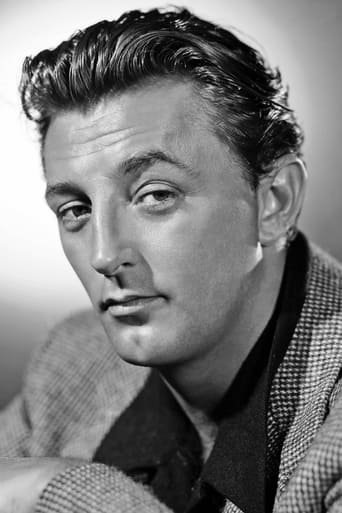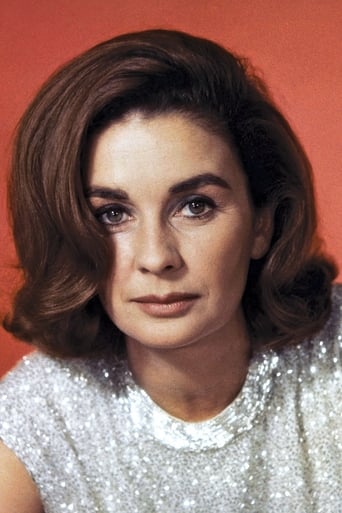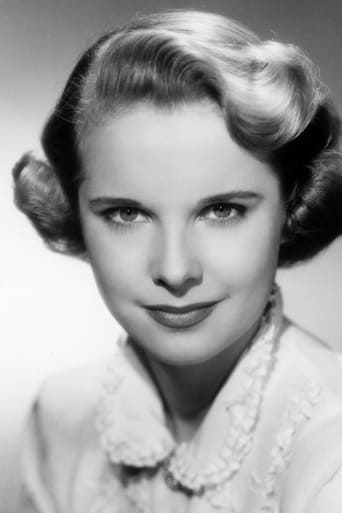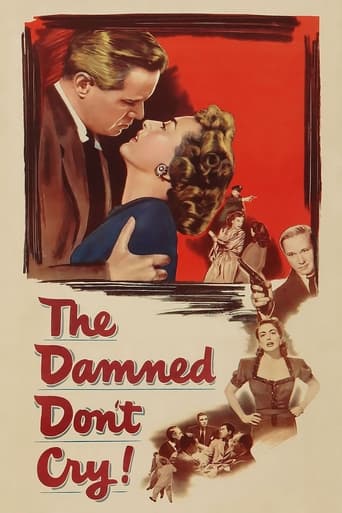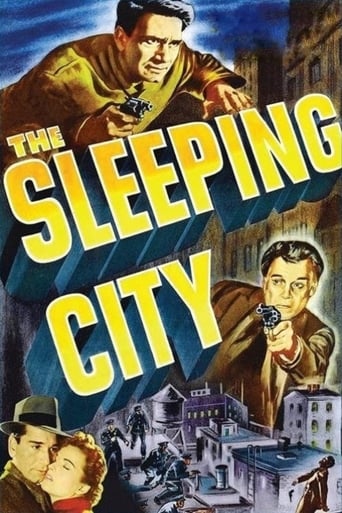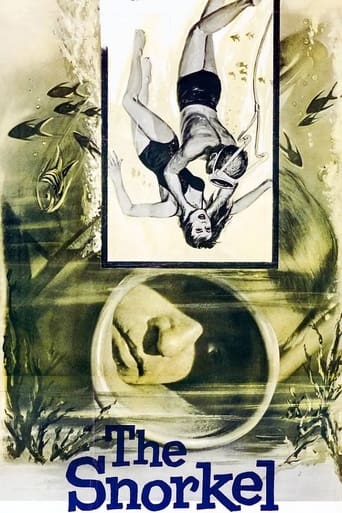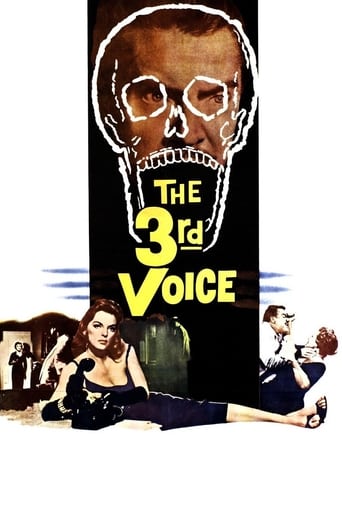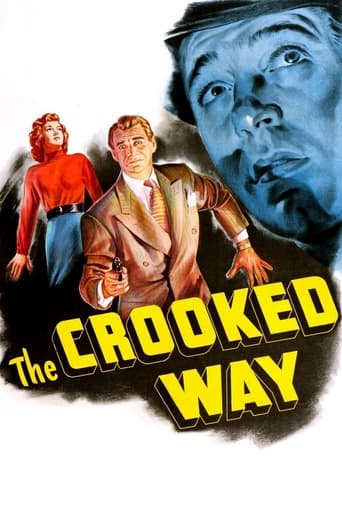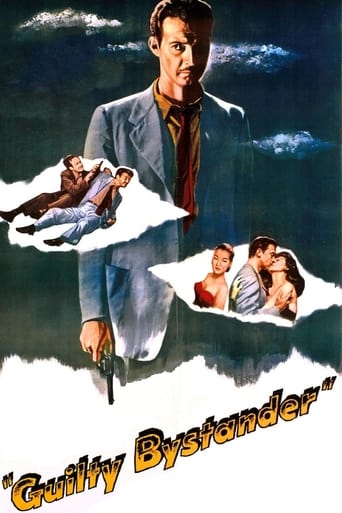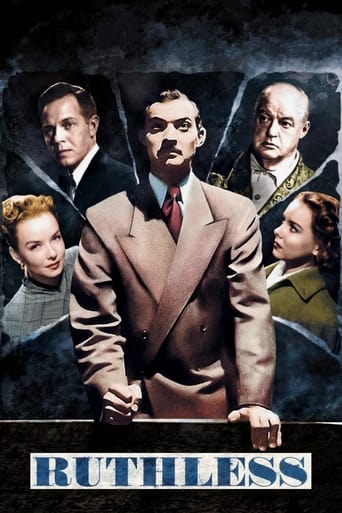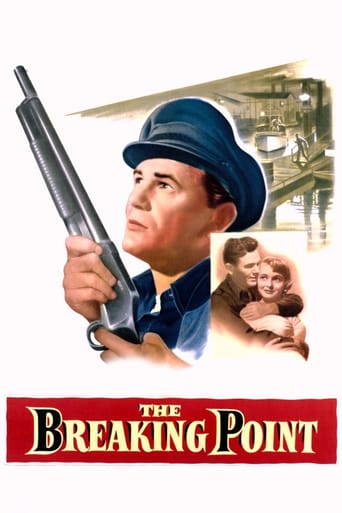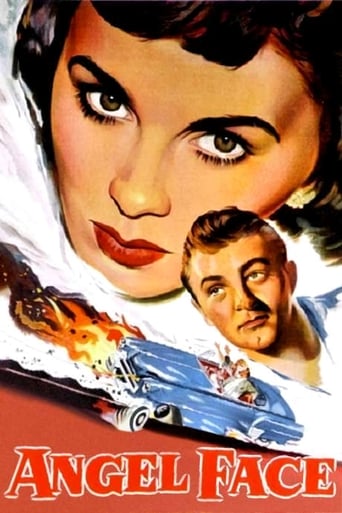
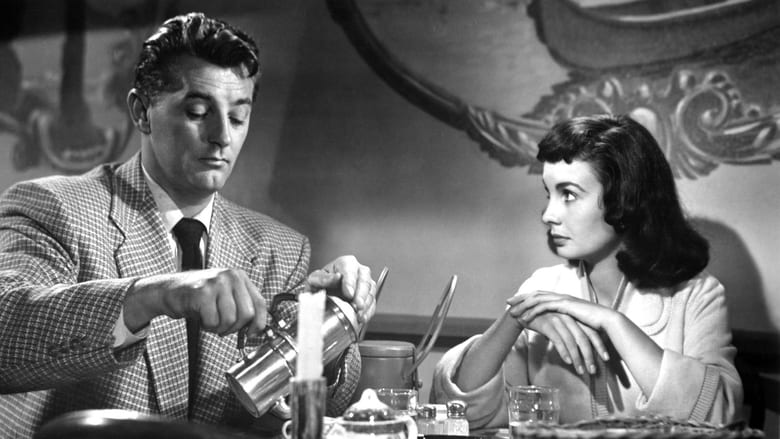
Angel Face (1953)
An ambulance driver gets involved with a rich girl that might have a darker side.
Watch Trailer
Cast
Similar titles
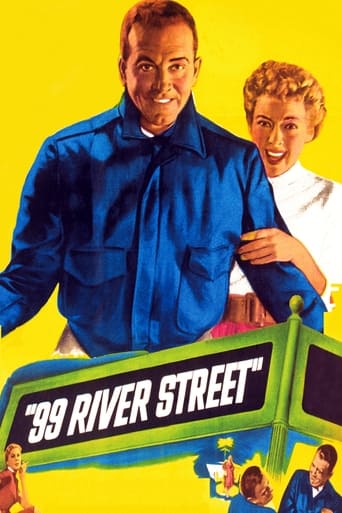
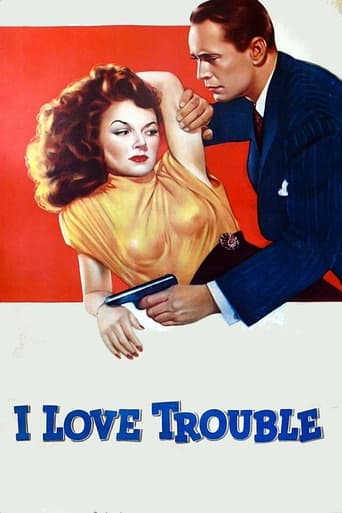
Reviews
Simply A Masterpiece
People are voting emotionally.
Absolutely the worst movie.
The performances transcend the film's tropes, grounding it in characters that feel more complete than this subgenre often produces.
I liked Anger Face. But for once, I'd rather have seen someone other than Robert Mitchum as the male lead. He tends to dominate his scenes to such an extent that the other characters, except for Jean Simmon's Diane, end up as a backdrop of wallflowers.Frank's role calls out for a more nuanced, less self-assured presence, maybe a Dana Andrews or Richard Widmark. Mitchum definitely brings his wry humor and maverick attitude to the role; but that has the effect of mitigating the noir suspense and atmosphere with an almost comic slant. I agree with the reviewer who feels that Barbara O'Neil's and Herbert Marshall's characters are two-dimensional and uninteresting. It's Mitchum's love interests who animate the plot.As it is, Frank's spin between Mary and Diane makes little sense. Mary has the obvious good nature and girl-next-door prettiness that would seems such a better match for the everyman Frank than Diane, who has only wealth. Okay, she's certainly attractive too, but seems incredibly immature compared to Mary, and looks young enough to be Frank's daughter. Plus there's the little matter of needing her parents dead in order for her to realize her wealth.Why would Mitchum be eager to take up with Simmons when she obviously hates the stepmother for no good reason, and he suspects, based on the opening sequence, that she has tried already to kill her? He has plenty of opportunities to go back to Mary, but ultimately burns his bridges. Mary's right that he can't expect her to drop everything, including her new boyfriend/fiancee, just because he becomes available. Frank's last scene with Mary seems stiff and formal from his perspective; he's forvever lost the casual familiarity she now shares with Frank's former friend and coworker.There's two possibilities for Frank: either he's 'fallen between two stools' by losing both women, or he really doesn't care that much for relationships anyway. That explains his last-minute decision to split to Mexico. And that puts Diane in the driver's seat, literally, just long enough for her to kill both of them.That leads us to Simmon's character. If we accept that she's a budding sociopath, then the murder/suicide makes some sense. If she can't have Mitchum, then no one will. Still, since sociopaths are inherently selfish, wouldn't she want to live? Also, If she's just having a sudden nuts/jealous impulse, why not kill just him? At least there was a point to setting up her stepmom's murder. She gets closer to the family money.On the technical side, Angel Face hits on all cylinders: both of the car crashes follow-through with the actual car (first the Chrysler, then the Jaguar) tumbling down the hill, not the usual substitute-a-jalopy-for-the-expensive-car deal. Even better, in the courtroom scene when the engine from the wrecked Chrysler is used as evidence, we get an authentic and properly banged-up early Chrysler hemi.Anyway, a watchable but not-so-noir film noir. There's an interesting plot, which, as others have pointed out, shows up in better company in other noir thrillers. I was disappointed enough with the way the cast interacted, or rather failed to interact convincingly, to rate Angel Face higher. Good title, though.
Despite the presence of two attractive people on the screen, Angel Face doesn't quite make it to the upper echelon of film noir classics. Jean Simmons even dons the same hairstyle that Barbara Stanwyck wore in Double Indemnity, but her chemistry with Robert Mitchum fizzled rather than sparked. Usually, I like his blasé charm, but in this movie, he obviously phoned in his performance.Like many film noirs, an innocent man is drawn into the deceitful world of a beautiful woman, led astray by his, well, powerful attraction to her. Jean Simmons certainly is beautiful, and the script is smart and snappy, but the scenes with the two leads feel a little lackluster. The best part of the movie is Robert Mitchum's girlfriend Mona Freeman. She's sassy and strong, and pretty much everything out her mouth makes you cheer and root for her.Rounding out the cast is Herbert Marshall, Jim Backus, Barbara O'Neil and Leon Ames. If you like this genre, give Angel Face a try, but it probably won't end up being your favorite. You'll come out of it a Mona Freeman fan, though!
After watching this I wasn't sure it was a film noir after all, so I looked up the term and found that there is no consensus on what a film noir is. Does it refer to pessimistic mood, or camera style, or details of plot, or smoking tobacco all the time (this is a point in Ebert's don't-miss Guide to Film Noir)? This film has pessimistic mood, and an all-night diner, and Robert Mitchum, so okay, but it has no gangsters or low-lifes, is largely set in a nice house, and really is the drama of the unfortunate Tremayne family into which an innocent bystander stumbles. Everyone involved went through the war and maybe this is a record of national PTSD somehow.Once upon a time a successful novelist, Charles Tremayne, lived in London with his beloved wife and loving daughter Diane. Then a Nazi bomb killed the wife and emotionally shattered the husband, who hasn't written a word since. He has moved to Beverly Hills and has married a rich woman who apparently does her best to love him and Diane. But Diane spurns her as an intruder and blames her for the loss of the man her father once was. She plays moody tunes on the piano and plots her stepmother Catherine's death. She's not a sociopath, or a schemer motivated by greed or lust. She seems to be a ruthless twenty-one-year-old, emotionally still nine years old, intent on living with Daddy and having everything right again.Enter Frank Jessup, who was himself "shot out of a tank", and now works an ambulance driver. He is sane, perceptive, and competent, but seems to be drifting through life; he has a girlfriend, Mary, but hasn't committed himself to her; he dreams of setting himself up as a mechanic for sports cars but hasn't made a serious move in that direction, seven years after the end of the war. Now Diane makes a play for him and pries him away from the woman who would really have been much better for him. What is her motive? It isn't lust. It seems to be partly desire for a .. playmate? Accomplice? Frank gets pried away without much resistance, but not because he has a wild passion for Diane. It's more that he's just pliable. When a pretty woman kisses him and offers more kisses, the inner will to induce him to break it off because he really intends to be elsewhere never manifests itself. Diane gets Frank hired as her family's chauffeur, offering to have her stepmother set him up with a garage. But then she tries to convince Frank that Catherine has double-crossed him. This is supposed to make Frank hate Catherine, but it doesn't work. He is not a dope, either, and has caught on to Diane's intentions, and tries to talk her down from it. This doesn't work. Neither does her plan, though, on several levels.After some very effective moments, the film (in my opinion) bogs down when Diane's high-paid lawyer comes up with the stunt of having Frank and Diane get married and portraying them to the jury as innocent young lovers. Maybe it's just that I can't for a second imagine a juror being impressed by this. On the other hand the trial sequence is not full of clichés. In the aftermath, the mood of despair sets in. Frank tries to get back with Mary, who acts like a normal person instead of a movie character: she doesn't hate him, but she's moved on. Diane's last hope is that Frank will somehow be the new man in her life. He's smart enough not to go along with that. But he's still too willing to take innocent suggestions even from someone he knows he ought not to take them from. That turns out to be his tragic flaw: that when a pretty woman offers him a lift, as it were, his first and last impulse is to go along.So this is not really a "typical film noir" if you think that means that the characters are all unchecked fountains of vice and melodrama. Nearly all of the characters in the film are laid-back and normal people doing their jobs, as it were. The detective and the D.A. are not crooked; the sharp lawyer is doing his job as he sees it; Mary and Frank and Charles and Catherine are all decent people. (I rather reject the idea that Frank is "amoral" in this film, although he should be more decisive.) Even Diane strikes me as being somewhat pitiable; she is definitely capable of remorse, doesn't want Frank blamed for her actions, and is not a "femme fatale" except in the literal sense, you know. Thinking about this, it might make the film's outlook particularly pessimistic: most people are pretty normal, but somehow it all works out badly anyway. Anyway, I think the relative absence of melodramatic tropes is refreshing.
Directed by Otto Preminger, 1952's Angel Face is a nicely-paced Crime/Thriller about passion gone haywire.With the innocent face of an angel, and the deceptive heart of a devil, the young and alluring Diane Treymayne uses her many seductive charms to set up Frank Jessup, the handsome ambulance driver, as the fall guy when she secretly plots out the fool-proof murder of her wealthy stepmother in order to collect on the inheritance.In Angel Face it's all flimsy alibis, heartless betrayals, and thrilling courtroom drama, compounded by the fire of a femme fatale who's too dangerous to trust, but too tantalizing to resist.Set in and around Beverly Hills, Angel Face stars one of my fave movie tough-guys from the 1950s, Robert Mitchum.
